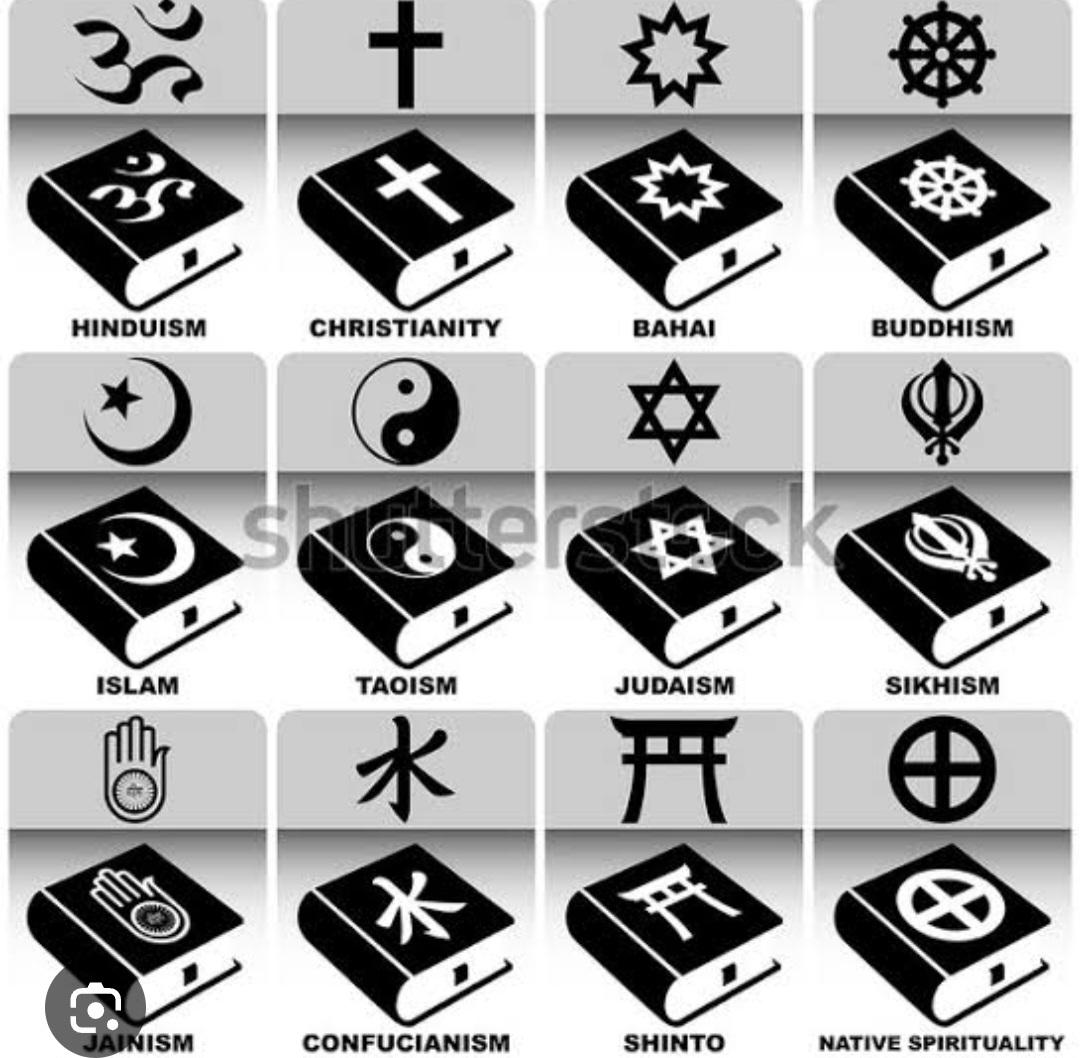Most holy books across different religions share similarities like promoting ethical behavior, emphasizing the importance of a higher power or God, containing stories about prophets or spiritual leaders, providing guidance on morality, and often including creation stories, all with the aim of offering a path to spiritual enlightenment and a meaningful life.
Key similarities:
Concept of God: All holy books generally refer to a single, supreme deity or creator, even if names and interpretations differ.
Moral Code: A shared emphasis on ethical principles like honesty, compassion, kindness, justice, and respecting others.
Prophets and Messengers: Stories about divine figures who delivered messages and teachings from God to humanity.
Afterlife: Belief in an existence beyond physical death, often with concepts of reward and punishment based on actions in life.
Golden Rule: The concept of treating others as you want to be treated, often expressed in different forms across religions.
Family Values: Importance placed on family structures and relationships.
Prayer and Rituals: Practices of prayer and worship to connect with the divine.
Examples of specific holy books and their common themes:
Bible (Christianity):
Stories about Adam and Eve, Noah, Moses, Jesus, teachings on love and forgiveness.
Quran (Islam):
Stories about prophets like Abraham, Moses, Jesus, and Muhammad, emphasis on submission to God's will.
Torah (Judaism):
Stories about the creation of the world, the covenant with Abraham, the laws of Moses

